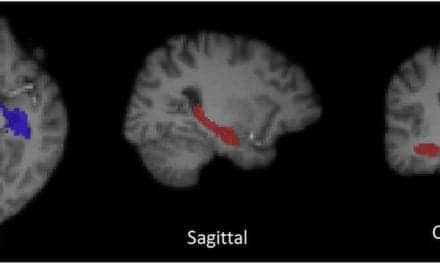A new market research study by Technavio on the global nuclear imaging equipment market projects the market to grow at a compound annual growth rate of more than 6% from 2019-2023. The research report provides an in-depth analysis of the market in terms of revenue, top drivers and emerging market trends.
Existing radiotracers and the development of new radiotracers represent advances in both technology and clinical trends. Molecular radiotracer imaging holds tremendous potential for brain diagnostics. These advances in radiotracer imaging make PET/CT or PET/MRI promising imaging techniques for the evaluation of neurological diseases. Overall, advances of radiotracers and their applications in scans will augment the growth of the global nuclear imaging equipment market during the forecast period.
The global diagnostic imaging market over the last decade has witnessed significant technological advances in the field of CT, including the emergence of automated and low-dose CT scanners. The advanced CT devices have a simplified console, offer easy operability, and provide affordable installation with minimal space requirements. These factors will drive the adoption of such products among healthcare professionals and researchers worldwide. Therefore, this trend of advancing diagnostic imaging systems is going to drive the global nuclear imaging equipment market.
According to a senior analyst at Technavio for chemicals research: “With CVD and cancer being the leading causes of mortality in the world, cardiovascular imaging systems are experiencing significant growth. The goal of using cardiovascular PET imaging is for early detection of diseases, before the progression of the disease. Therefore, the increasing use of cardiovascular PET imaging will accelerate the growth of the global nuclear imaging equipment market during the forecast period.”
Some of the limitations in the market include the high cost of certain technologies. For instance, SPECT is widely available, with the cost of a SPECT scanner gamma camera is around $500,000, on average. However, the cost of a PET/CT scanner is more than $1.5 million. The high cost is mainly due to the significant amount of R&D required for the initial development of PET/MRI. Therefore, the purchase of PET/MRI equipment is limited owing to its steep price point. However, the increase in healthcare budgets has led to increased adoption of such systems in well-funded and specialized healthcare institutions.






